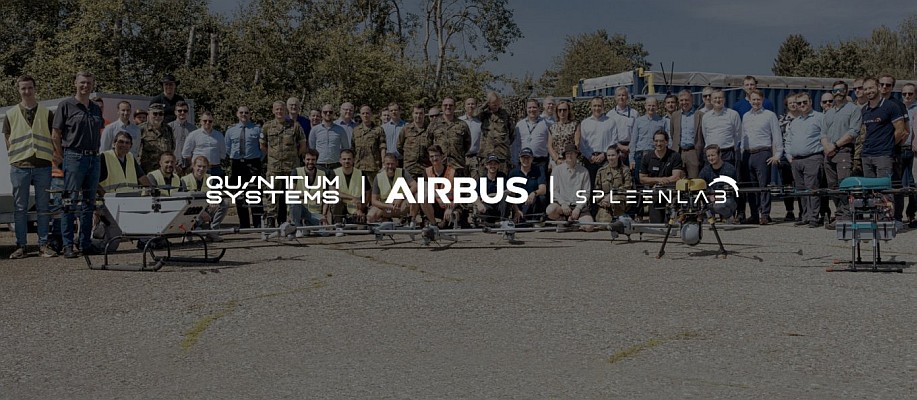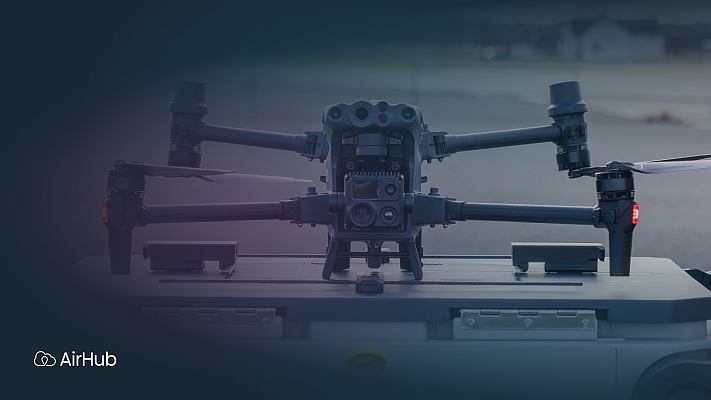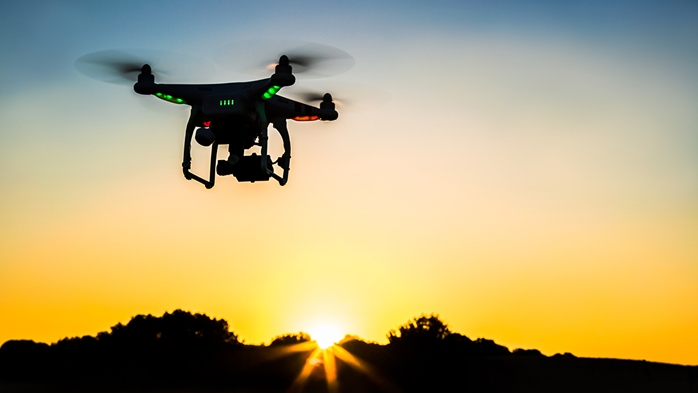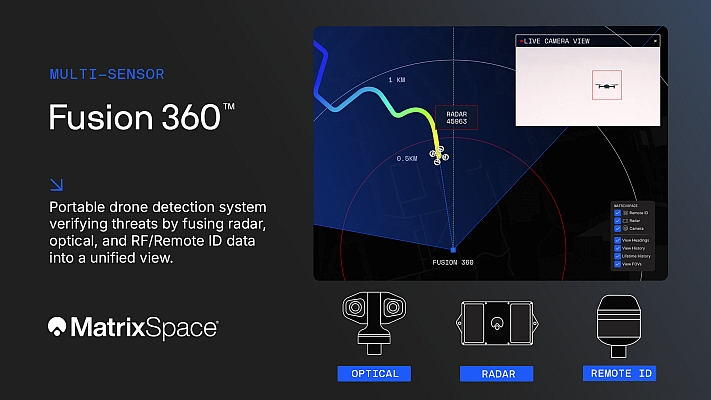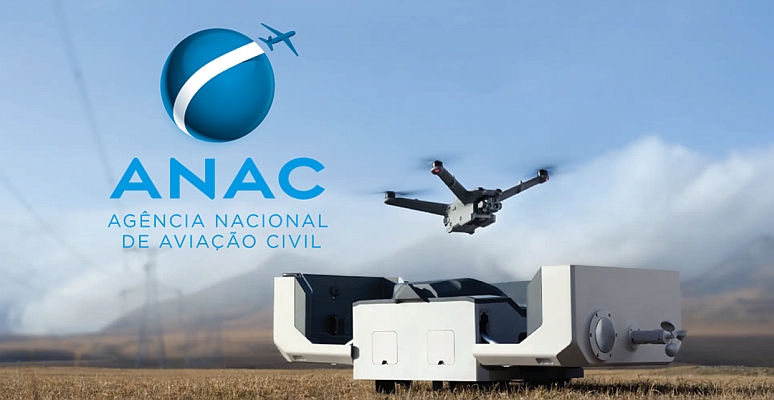At the beginning of August, a demonstration took place at the Airbus Drone Center near Manching, which marked the culmination and conclusion of an intensive research phase as part of the Bundeswehr study KITU 2 (Künstliche Intelligenz für taktische UAS; Artificial Intelligence for tactical UAS). The aim of the study was to develop innovative solutions for the AI-supported control of swarms of drones. The new technologies enable large swarms of autonomous UAS to be effectively controlled by a small number of operators, even in highly dynamic and interference-prone environments.
More efficient tactical decision-making through AI
Airbus Defence & Space as prime contractor of the KITU2 study, in close collaboration with German drone company Quantum Systems and software company Spleenlab, has achieved a breakthrough in autonomous swarm technology. Commissioned by the German Armed Forces in July 2023, this research aims to maximize the potential of artificial intelligence to coordinate mixed UAS swarms with different capabilities. For the first time, a specially developed mission-AI controls and coordinates the UAS systems to ensure reliable mission execution even in scenarios with radio interference or a complete failure of individual drones.
The AI was trained using advanced deep reinforcement learning methods in a highly specialized simulation environment. This approach allows the AI to refine its tactics through continuous self-optimization, leading to more efficient and precise decisions in tactical operations.
More efficient tactical decision-making through AI
Airbus Defence & Space as prime contractor of the KITU2 study, in close collaboration with German drone company Quantum Systems and software company Spleenlab, has achieved a breakthrough in autonomous swarm technology. Commissioned by the German Armed Forces in July 2023, this research aims to maximize the potential of artificial intelligence to coordinate mixed UAS swarms with different capabilities. For the first time, a specially developed mission-AI controls and coordinates the UAS systems to ensure reliable mission execution even in scenarios with radio interference or a complete failure of individual drones.
The AI was trained using advanced deep reinforcement learning methods in a highly specialized simulation environment. This approach allows the AI to refine its tactics through continuous self-optimization, leading to more efficient and precise decisions in tactical operations.
Research results will support future development programs
The knowledge gained will serve as a basis for future developments to evaluate how learned behaviors from simulations can be integrated into real UAS systems. The extent to which AI-controlled behaviors are superior to traditional manual control approaches will also be investigated.
The research results from the KITU2 study are intended to support the development of autonomous systems for major Bundeswehr projects such as the Main Ground Combat System (MGCS) and the Future Combat Air System (FCAS).
Highlights from the last edition:



